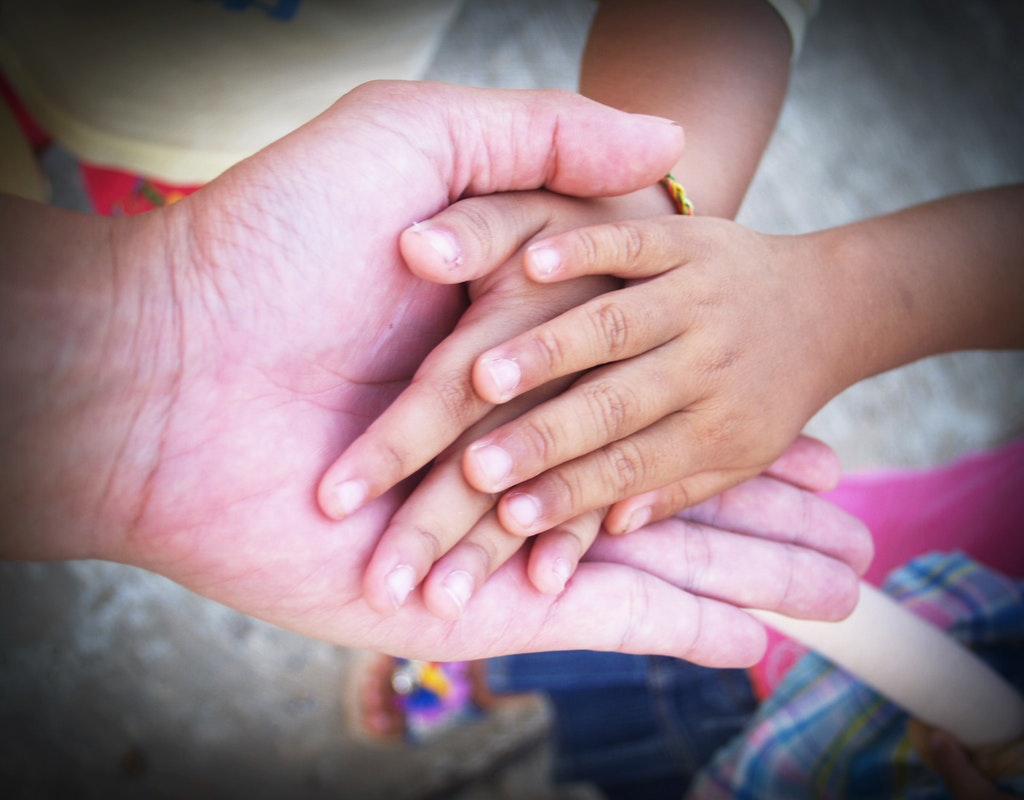- Home
- Dr Sultan Linjawi
Type 1 Diabetes
Type 2 Diabetes
Prediabetes
Gestational Diabetes
- Diabetes Information
- Testimonials
The challenges of caring about someone with diabetes.

Have you ever considered how diabetes may affect your life although you do not suffer with it?
Learning of a loved one’s illness be it diabetes or cancer is difficult – ultimately, we want those we care about to have a healthy, happy and long life. Diabetes can make us question if their existence will include health and happiness, or if it’s even achievable. The unexpected diagnosis often results in feelings of shock, followed by confusion, anger, guilt, sadness, anxiety and hopelessness.
…“diabetes” is a life-changing event.
This may even be harder for parents with children diagnosed with type 1 diabetes, as research suggests anger and guilt can still be evident 7-10 years after diagnosis and that the parent’s grief may never resolve. In addition, over 60% of parents are affected by Posttraumatic Stress Disorder as a result of their child’s diagnosis.
The difficulty of diagnosis continues through the days and years with the disease, due to the unrelenting nature of the disease and treatment. You may try to assist a loved one by offering advice, reminding them of important actions (like testing blood glucose, eating appropriate foods, exercise, or taking medication), or even taking on the responsibility of their diabetes management yourself. It can feel like sometimes your help is appreciated, and at other times you’re being nothing but a nuisance – it is as if you are almost to blame.
You may feel helpless that diabetes is nothing more than a hindrance in life, a daily curse for all whom cross its path. And you’re not alone – however, it’s important that diabetes becomes less of a burden in life.
Reducing the Burden of Diabetes:
There are some key steps that can assist you through your loved one’s diabetes journey…
Focus on the positives.
Yes, the circumstance isn’t ideal. But keep in mind that things could be worse. Diabetes albeit difficult to manage, can still allow an individual to live a relatively normal, happy and healthy life. The diagnosis could also allow you and your loved one to have a closer connection and be a team! Remember that being able to assist someone is a special thing. It may also allow you personal growth as you develop new skills and facing new challenges.
Focus on things you can control.
Whilst you can’t change the diagnosis of diabetes, you can focus on the things you can change. Maybe it could spur your family to prioritise a different approach to life with more focus on mental and physical health for the whole family.
Focus on you (Your needs matter too).
It can be easy to forget what all your needs are, especially if you haven’t focused on them in quite some time - so here’s some points to consider:- Improve your sleep and eating habits. No one functions well when these aren't being done - because they're both a vital human need.
- Increase supports: Make sure you schedule regular times for you to catch up with other people who are important in your life. Even if it’s just an hour a week. It may also be useful to join diabetes support groups either online or within your community.
- Ask for help from others and try to share the load! Also, this may be difficult, but try to say “yes” if help is offered to you.
- Express feelings and accept them. This may be expressing them calmly in conversation to your loved one, or perhaps, writing how you feel in your own private journal. If you think you’re not coping and being overwhelmed by your emotions, maybe consider some professional support through your doctor or a counsellor/psychologist.
- Create “ME TIME”. Everyone needs a break and you also need diabetes to fit in with your life, just as much as the person you care for does. So make sure you have some time-out, and keep up your hobbies (or go and find some like reading, crafts, gardening, musical, dance, theatre, etc.). Giving yourself “Me time” means you can also become a great role model to your loved one
- Don’t forget about everyone else. It can be so easy to get caught up in the effort of helping someone who you love who has an illness but in reality the people that need you must not be forgotten. Making sure that every child’s needs are met is important to reduce the likelihood of resentment and anger building within the family unit. This is an easy situation to fall into and must be carefully negotiated.
... As varied as the colours and flavours of jellybeans, so too will your diabetes journey be – some days may be brighter and sweeter than others and most importantly cherish those small wins along the way because they are well deserved!
If you have already been diagnosed with diabetes and would like to know more about how best to manage your condition, you can join our personalised 12 week diabetes program. We can tailor your program to give you more of what you want to see, for example tips of carb counting or exercise. Plus, the first week is completely free!
You can also read about what other people thought about the program on our Testimonials page .
Please see the following articles for more information:
- On the cycle of diabetes burnout
- Prioritising self when you have diabetes – Is it selfish?
- The diagnosis of diabetes: Is it more than you anticipated?
- A Penny for your thoughts: the true value of your thinking style and diabetes
- Mindfulness: Simple, yet it improves overall health and diabetes management
- Be a better role model for your family with these 4 easy diet and exercise steps
- How to communicate with someone living with diabetes

